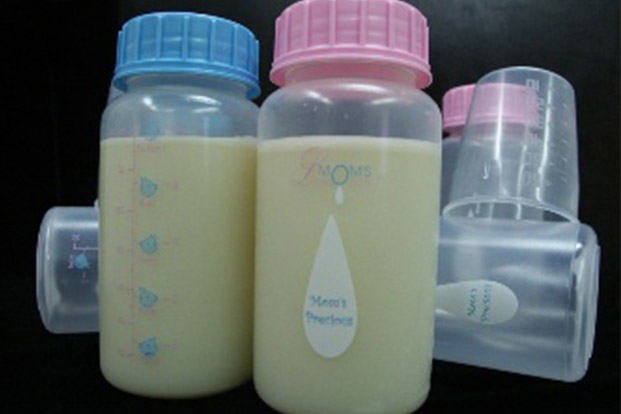Breast Milk Storage- Do's & Don'ts
in Gynecology & Obstetrics
Apr 19, 2022
Breast Milk storage is needed especially for working female and is done with the help of a breast pump. It is important to know the do’s and dont’s associated with breast milk storage. Refer to the list below for the same:
Do’s for Breast Milk Storage:

- Before expressing or handling breast milk wash your hands with soap and water.
- Do store the breast milk in a clean, capped glass or hard plastic free container or special plastic bags designed for milk collection and storage.
- Do label each other container with the date the breast milk is expressed, baby’s name using water proof labels and inks.
- Do be sure to fill bags only to the maximum amount listed on the bag, 5 ounces is preferred.
- Do store bags as flat as possible in the back of the refrigerator or freezer, where temperature is the coolest
- Be sure to remove any excuses before zipping the bag closed
- Be sure to zip your bags and double check they are completely sealed.
- Do thaw the frozen container by placing it in refrigerator the night before you intend to use it. For quicker thawing hold the frozen milk container under warm running water or placing it in a bowl of warm water.
- Do thaw the oldest milk container first.
- Do cool the freshly expressed breast milk before adding it to previously chilled or frozen milk.
- Do clean the breast pump parts after each use.
Don’ts for Breast Milk Storage:
- Don’t overlook general hygiene, hand washing and sanitizing your pumping parts.
- Don’t store breast milk in disposable bottle liners or plastic bags designed for general household work.
- Don’t forget to label the bags.
- Don’t overfill the storage bags. Please only fill the bags to its maximum capacity because breast milk expands as its frozen.
- Don’t store bags on their sides, tightly against other items, or against the frozen door.
- Don’t warm frozen milk in microwave or store or add warm water to previously chilled or frozen milk.
- Don’t refreeze breast milk
- Don’t add freshly expressed breast milk to an already frozen milk








